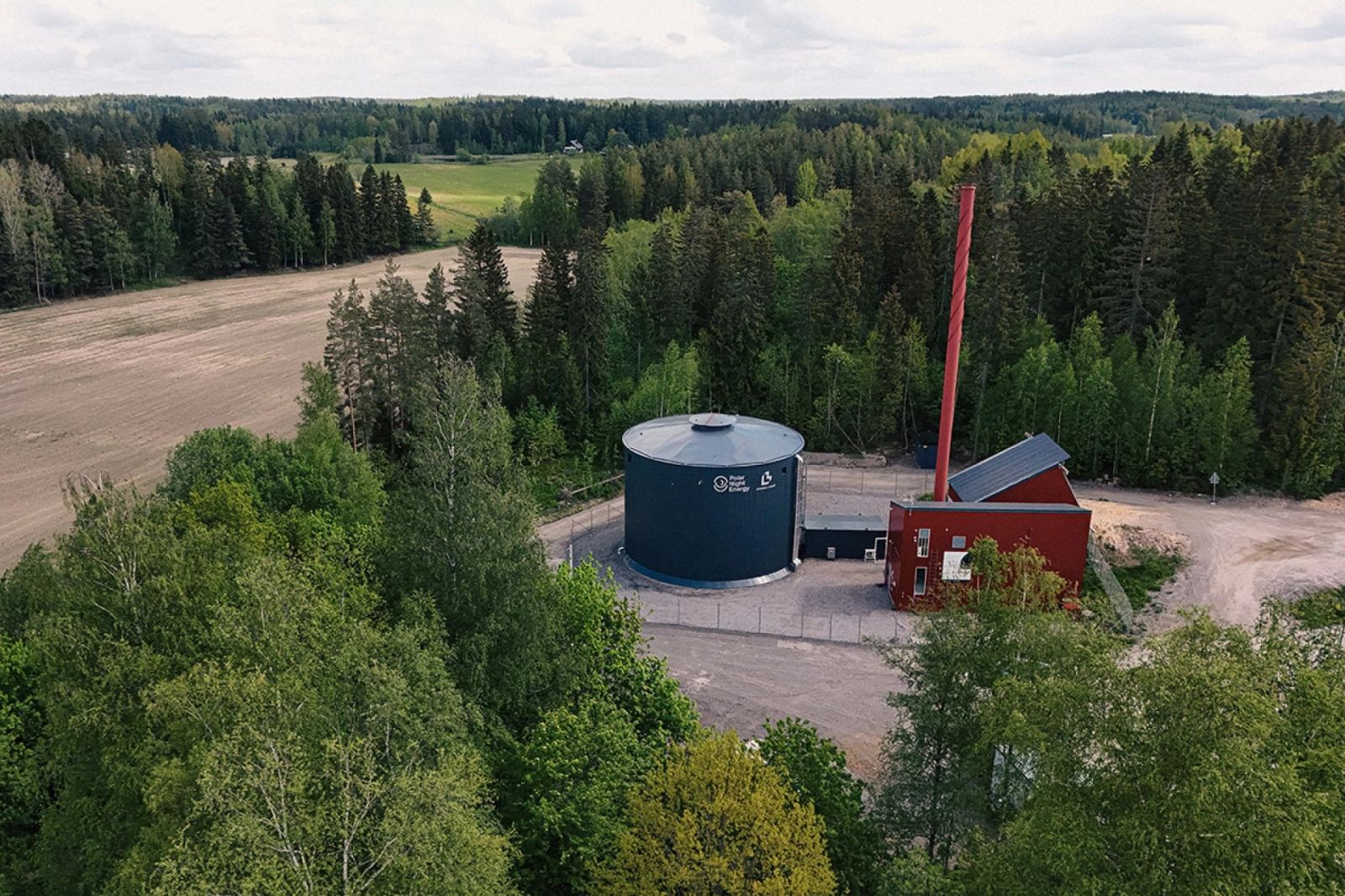Introduction
The sand battery in Pornainen, Finland, is the largest industrial Thermal Energy Storage (TES) of its kind: 100 MWh capacity and about 90% round-trip efficiency, targeting up to 70% emissions reduction for local heating
Quick definition
A sand battery stores heat by heating sand to around 600°C and later releasing that heat for district heating or industrial use
Context
Developed by Polar Night Energy, the facility replaces an old woodchip plant and supports grid flexibility by absorbing excess renewable electricity and releasing heat when needed, addressing intermittency from wind and solar.
Sand battery: how it works
Operational summary
- Charge: excess electricity heats air in a closed loop which heats sand up to circa 600°C
- Storage: insulated silo retains heat for weeks or months
- Discharge: cool air draws heat from sand, warms up to ~400°C, then heat is delivered via heat exchangers for district heating or industrial steam
The Problem / Challenge
Grids with high renewable share face mismatches between generation and demand; long-duration, low-cost heat storage solutions are needed because battery chemistry is not always optimal for bulk heat storage.
Solution / Approach
Sand batteries provide inexpensive, long-duration thermal storage. Pornainen's plant stores enough heat for the town for about a week and has already exceeded early efficiency targets during commissioning.
Practical benefits
- Low-cost storage medium (sand)
- High cycle efficiency (~90%)
- Long retention times suitable for seasonal management
- Immediate reductions in local heating emissions
Limits and risks
The system does not output electricity directly; converting stored heat to power requires additional equipment (e.g., steam turbines) and incurs extra losses and complexity.
Conclusion
Pornainen shows that industrial-scale sand TES is viable and impactful for district heating in regions with intermittent renewables, offering a replicable model for similar municipalities.
FAQ
What is a sand battery?
A sand battery is a TES system that stores thermal energy in heated sand and releases it later for heating or industrial processes.
How does the Pornainen sand battery work?
It converts excess electricity into heat via a closed air loop that warms sand to 600°C; heat is later extracted and used in district heating systems.
Can a sand battery produce electricity?
Not directly; stored heat can be converted to electricity using steam turbines, but this adds complexity and efficiency losses.
How much can it reduce emissions?
Locally, Pornainen's sand battery can cut heating emissions by up to 70% compared with the previous woodchip plant.
How long can it store heat?
The insulated silo allows storage for weeks or months, enabling demand shifting across seasons.
Is the technology exportable to other towns?
Yes, especially where wind/solar are abundant and there is steady heat demand; site space and system integration are key factors.
